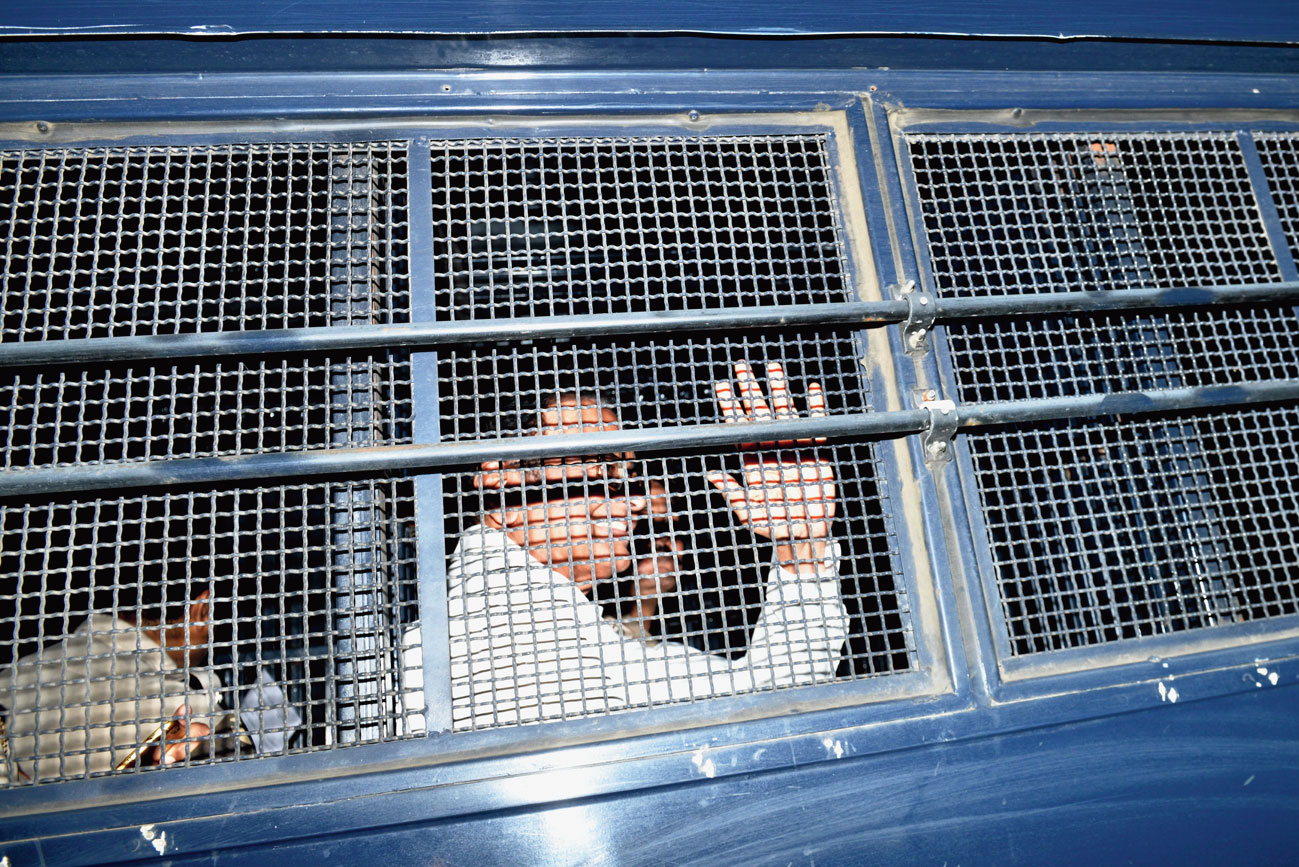The Supreme Court on Thursday rejected the anticipatory bail plea of former Union minister P. Chidambaram, arrested by the Enforcement Directorate in the INX Media case, saying granting such liberty “particularly in economic offences would definitely hamper the effective investigation”.
“Grant of anticipatory bail at this stage of investigation may frustrate the investigating agency in interrogating the accused and in collecting the useful information and also the materials which might have been concealed,” a bench of Justices R. Banumathi and A.S. Bopanna said.
“Success in such interrogation would elude if the accused knows that he is protected by the order of the court. Grant of anticipatory bail, particularly in economic offences, would definitely hamper the effective investigation.
“Having regard to the materials said to have been collected by the respondent — the Enforcement Directorate — and considering the stage of the investigation, we are of the view that it is not a fit case to grant anticipatory bail,” the court added.
A trial court dealing with the CBI investigation into the same case on Thursday sent Chidambaram to 14 days’ judicial custody. With the Supreme Court rejecting his anticipatory bail plea, the ED will have the liberty to arrest him if he obtains bail after the end of his judicial custody.
In the evening, Chidambaram was brought to Tihar jail, where he has been kept in the cell where his son Karti had spent 12 days in connection with the same case.
The apex court passed the verdict while dismissing Congress leader Chidambaram’s plea that details of the case diary be given to him so that he could argue his defence in the trial court. The ED had earlier submitted the details in the Supreme Court in a sealed cover.
The case relates to the grant of Foreign Investment Promotion Board clearance to INX Media for receiving foreign funds of Rs 305 crore although an inflow of Rs 4.62 crore had been approved. The alleged irregularity took place when Chidambaram was finance minister.
Writing the judgment, Justice Banumathi said: “In a case of money-laundering where it involves many stages of ‘placement’, “layering i.e. funds moved to other institutions to conceal origin’ and ‘interrogation i.e. funds used to acquire various assets’, it requires a systematic and analysed investigation which would be of great advantage.
“…Such interrogation would elude if the accused knows that he is protected by a pre-arrest bail order. Section 438 CrPC (anticipatory bail) is to be invoked only in exceptional cases where the case alleged is frivolous or groundless.”
The Supreme Court said there had been allegations of “laundering the proceeds of crime”.
“The Enforcement Directorate claims to have certain specific inputs from various sources, including overseas banks…. Letter rogatory is also said to have been issued and some response have been received by the department. Having regard to the nature of allegations and the stage of the investigation, in our view, the investigating agency has to be given sufficient freedom in the process of investigation,” Justice Banumathi said.
The Supreme Court disapproved of the judgment of Delhi High Court in the case.
The apex court said Justice Sunil Gaur of the high court had merely reproduced in his judgment the note submitted by the ED without applying his own mind.
Senior advocate Kapil Sibal had earlier said that Delhi High Court, while rejecting the anticipatory bail plea of Chidambaram, had “copy-pasted” the note submitted by the ED on the money-laundering charges against the former finance minister.
“Of course, while considering the request for anticipatory bail and while perusing the materials/note produced by the Enforcement Directorate/CBI, the learned Single Judge could have satisfied his conscience to hold that it is not a fit case for grant of anticipatory bail…. The learned Single Judge was not right in extracting the note produced by the Enforcement Directorate/CBI…,” the Supreme Court said.











